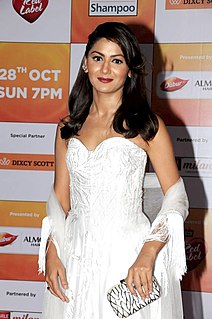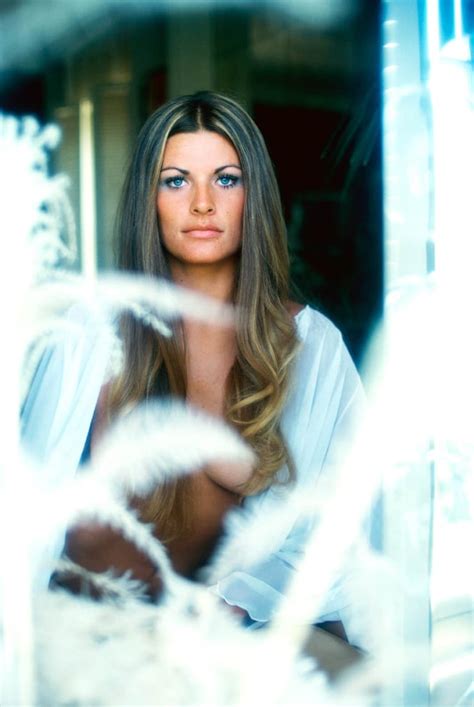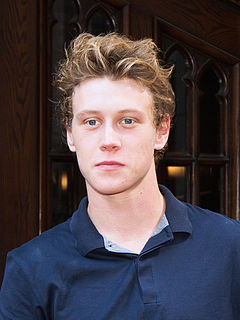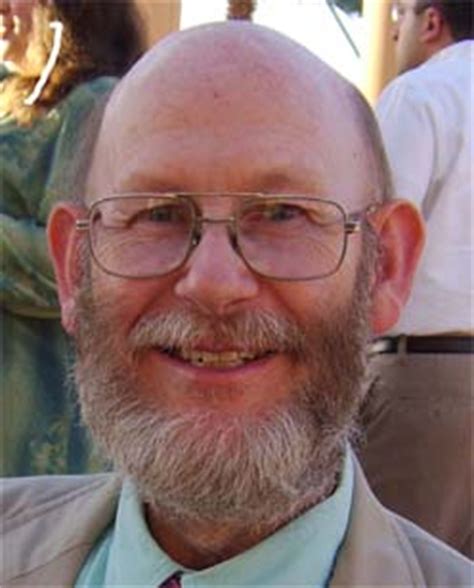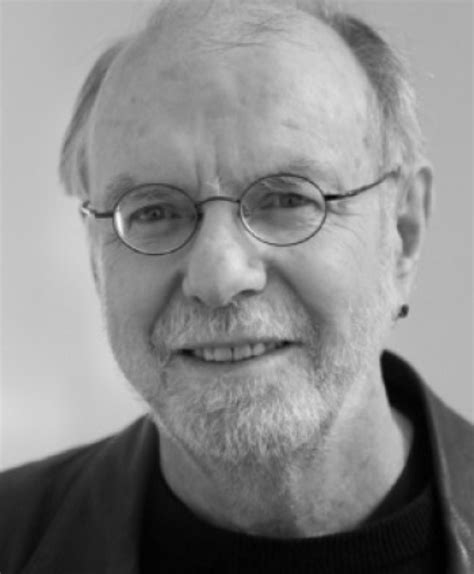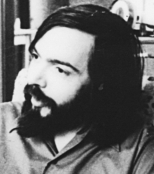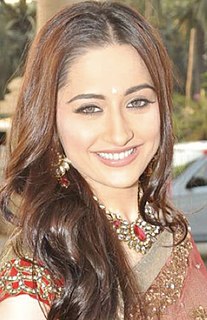A Quote by Ann Leckie
In so much SF, either gender roles are the ones we're used to in the here and now, only transported to the future, or else they're supposedly different, but characters still are slotting into various stereotypes.
Related Quotes
I do a lot with characters' sense of identity. I also like challenging stereotypes, gender roles, things like that. Give me a stereotype or a genre expectation and the first thing I want to do is stand it on its head. In the Nightrunner books I wanted to see if I could create a believable gay hero, one who wasn't someone's sidekick or a victim.
Is individual gender suffering relieved at the price of role conformity and the perpetuation of role stereotypes on a social level? In changing sex, does the transsexual encourage a sexist society whose continued existence depends upon the perpetuation of these roles and stereotypes? These and similar questions are seldom raised in transsexual therapy at present.
Being an older person now, I'm finding that people are calling me to play various things. Variations on the theme of mother, caretaker, and in some cases, doctors, heads of organizations and things like that. For some people, I'm finally old enough to play those roles. We see men playing them when they're a little bit younger, and also in roles that call for some form of conflict and violence, either generating it or trying to curtail it. Women don't seem to be a big part of those common and often used movie themes.
As someone who is non-binary gender identifying, I feel a particular responsibility to portray members of my community on stage and on screen, not only as fully fleshed-out characters who are integral to the plot, but as characters whose gender identity is just one of many parts that make up the whole person.
Stereotypes are ways of making extremely primitive and simple differentiations. Differentiations of gender, race, class, social status - so ordinary social life is very much built upon a whole repertoire of stereotypes we carry around. And those are immediately laminated onto people, and it isn't just visual.


